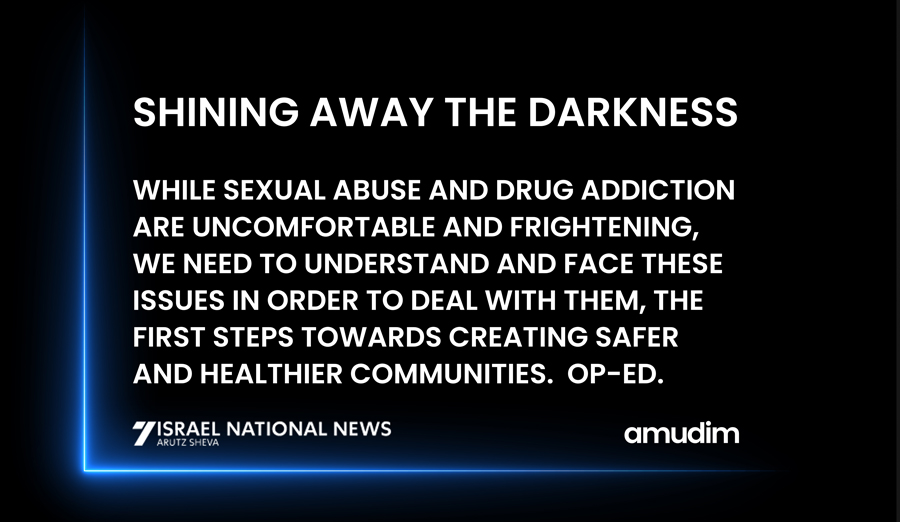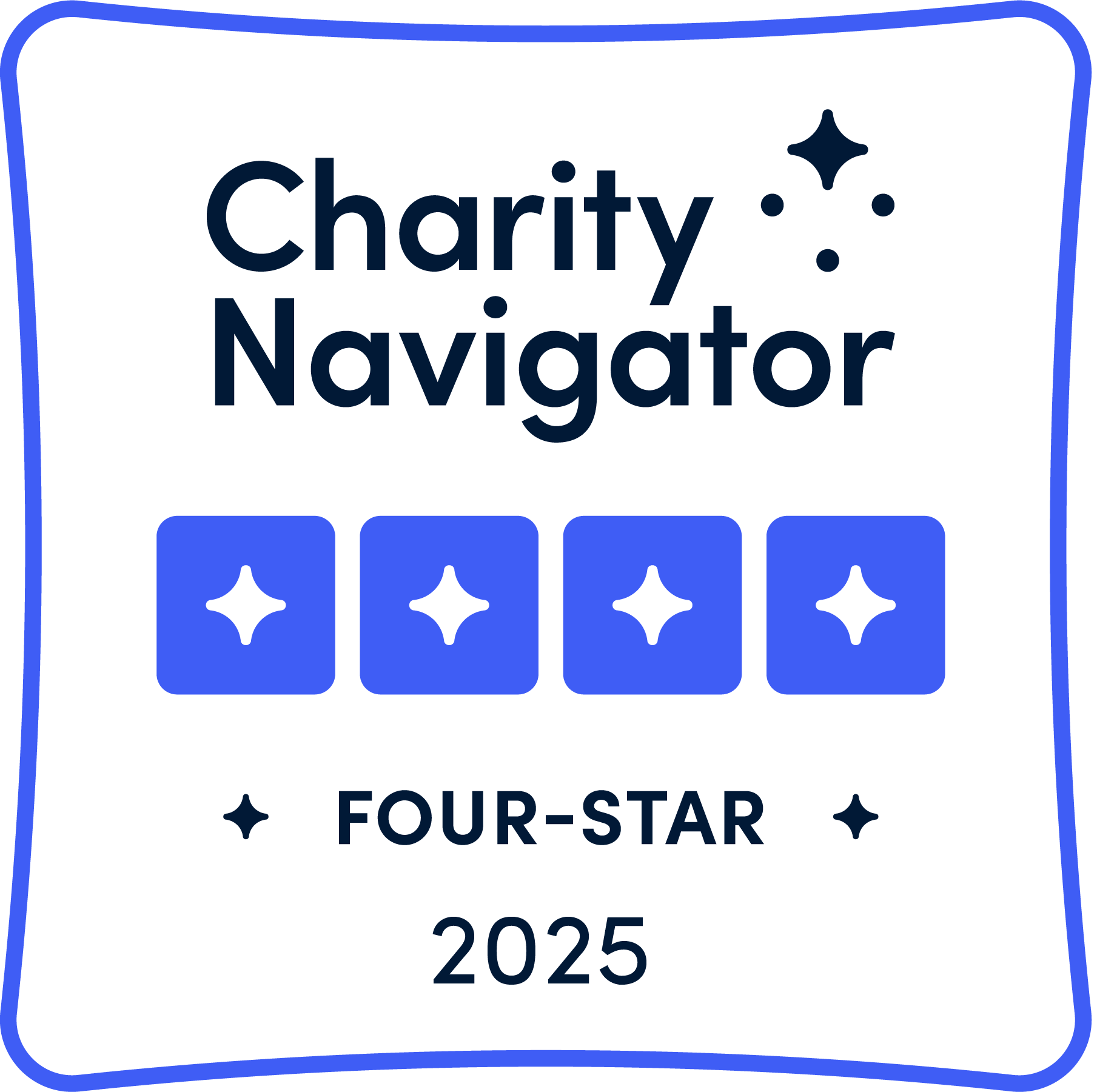
On the surface, anyone who sees what goes on in our offices at Amudim would find themselves thinking they are looking at one of the world’s great paradoxes.
Last month alone, our clinical case management team dealt with over 2,100 active cases involving some of the darkest elements of society. Day in and day out, we provide support and hold the hands of the many hundreds of individuals and families who are in pain, having been impacted by abuse, trauma, addiction and other complex mental health matters. And yet, day after day, our team is upbeat. They smile. They are happy. And they keep coming back for more.
You can’t help but wonder how they do it. How are they not overwhelmed by the relentless waves of trauma that flood our phone lines at all hours of the night and day? How do they maintain their positivity and never-ending reserves of energy in the face of so much suffering? Logic would dictate that they hand in their letters of resignation and spend their days doing something that doesn’t involve so much human suffering, but there is something much greater that keeps our Amudim staff coming back to work each day, despite the intensity of their jobs.
I think the answer lies in something that Rav Elya Brudny told me a long time ago. Rav Elya once overheard me tell someone that, unfortunately, we keep getting more and more calls for help, despite our best efforts. The Rosh Yeshiva took me aside and explained to me that he felt that I was making a mistake – it wasn’t a bad thing at all that our call volume was increasing, nor was it a sign that we have even more problems than before. On the contrary, the issues we are dealing with have been around for generations, but baruch Hashem, more and more people are finding the courage and strength to reach out to Amudim for help without fear of being stigmatized now that these problems are finally being publicly addressed.
While the Rosh Yeshiva's words certainly impacted how I now refer to our perpetually increasing volume of calls, it dawned on me that his observation was very much in tune with what has been one of Amudim's fundamental principles from the start. Amudim doesn’t just exist to help people in their times of crisis - it is actually part of the solution, proactively creating safer homes and communities.
It is no secret that keeping my opinions to myself isn’t exactly my strong suit. Not everyone loves the fact that between social media posts, years of op-eds and Amudim’s PSA videos, I haven’t been shy about sharing my thoughts on some very troubling communal issues. For every “like” or positive comment that I get, there are probably ten more people criticizing me, asking me why I am fearmongering or highlighting the problems in our communities that people would rather keep in the shadows. But the answer is simple – Amudim’s mission is to facilitate and create solutions to our communal problems, and while sexual abuse and drug addiction are uncomfortable and frightening, we need to understand and face these issues in order to deal with them, the first steps towards creating safer and healthier communities.
It is important to remember that even though we deal in areas that aren’t for the faint of heart, Amudim doesn’t exist to spread darkness and despair – we are here to bring light and hope. And it is that knowledge that gives our case managers the ability to pick up those phones day after day with a positive attitude, knowing that they are helping individuals in pain weather the storm so that they will be able to emerge on the other side stronger and healthier.
Each one of us faces our own challenges in life and even those of us who haven’t been impacted by the issues we deal with at Amudim, almost certainly know someone who is. True to its name, Amudim provides pillars of support for those who are suffering, and each one of us has the opportunity to become an amud as well, helping a loved one, a friend or even a stranger who is going through a difficult time. I look forward to sharing practical takeaways from our field work in future writings so that every person reading these words can do their part to support others, joining us in our mission of making the world a brighter place.



